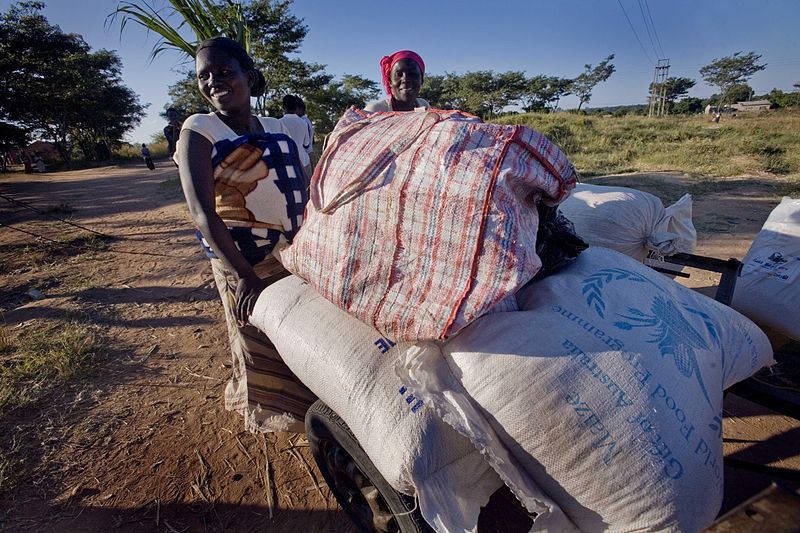With the government’s announced budget for 2016 cutting deep into Danish foreign aid, a number of nations will see their aid phased out.
The foreign minister, Kristian Jensen, underlined that Denmark would in future focus more on nations from where people are migrating to Europe.
“We will focus on fighting the underlying reasons for migration and pay particular attention to areas in the Middle East and Africa,” said Jensen.
“It means we will retain the historically high amount of aid set aside for humanitarian efforts and refugees next year. In fact we are increasing the humanitarian framework by 50 million kroner next year.”
For next year, Denmark’s 14 priority nations in terms of aid will be Kenya, South Sudan, Somalia, Ethiopia, Tanzania, Uganda, Mali, Niger, Ghana, Burkina Faso, Afghanistan, Palestine, Myanmar and Bangladesh.
READ MORE: Government proposes budget plan for 2016
Africa and migration
The decision means Denmark will phase out its aid efforts in Bolivia, Nepal, Zimbabwe, Indonesia, Mozambique and Pakistan, while the already scheduled phasing out of Vietnam will continue as planned.
“We are increasing our focus on Africa and thus the poorest nations,” said Jensen. “We are most needed there and it’s there where we can make the biggest difference with investment in public development.”
“The goal is to prevent migration and alleviate the consequences of war and conflict. We will invest in peace, security and improving the opportunities for sustainable growth and trade.”
The government has set aside 14.8 billion kroner for development work next year, and while it is less than this year, Denmark will remain one of the nations adhering to UN targets to give at least 0.7 percent of their Gross National Income.















